Rick Stafford, Bournemouth University and Peter JS Jones, UCL
Guardian journalist George Monbiot wrote a damning critique of the BBC and Sir David Attenborough’s wildlife documentaries in late 2018, arguing that they do little to illustrate the huge environmental issues faced by the natural world.
Since then, Attenborough has adopted a much stronger position. He spoke at both the UN Climate Summit and the World Economic Forum in Davos, and used his platform to highlight the threats of climate change.
Embarking on a new collaboration, Attenborough and the BBC are set to confirm their position in a one-off documentary entitled Climate Change – The Facts, airing on April 18. The 90-minute film will explain the effects that climate change has already had and the disasters it might cause in future.
Although it’s crucial to raise awareness among the public about the impacts and threats of climate change, it’s equally important to explain how to fight it. That’s something the BBC has been more quiet about.
Solutions to climate change
The recent series Blue Planet Live featured a segment on the Great Barrier Reef in which it stated that coral bleaching is the result of climate change. That places the BBC in line with the scientific consensus. The same episode later described the “heroic research” effort that is needed to save the world’s reefs from coral bleaching, and covered the capture and transfer of coral spawn to a new location.
However, science has already given the solutions to address this problem. Recent reports from the Intergovernmental Panel on Climate Change, the Institute for Public Policy Research and some of our own research all clearly indicate that tackling climate change and other environmental issues – including biodiversity loss, soil erosion and even ocean plastic pollution – requires major changes to society.
We need to revise our economic system and its dependence on growth to prevent the unnecessary consumption of the world’s resources. As the youth climate strikes leader, the 16-year-old Greta Thunberg, clearly puts it, we need “system change, not climate change”.
In an era when schoolchildren are striking for climate action and radical proposals for climate action are entering the political mainstream, the BBC’s timidity towards even discussing solutions seems odd.
Covering these arguments is political but goes way beyond party politics and certainly wouldn’t breach impartiality guidelines. Audiences might understand that this isn’t as interesting as coral spawning being captured during a lightning storm, as was shown on Blue Planet Live. But if the BBC don’t address the solutions to climate change, then how can there be an educated public which understands that saving the planet requires more than individual gestures like carrying a reusable coffee cup?
There’s no doubt that Attenborough’s BBC documentaries have inspired millions of people around the world to take environmental issues seriously. His programmes have encouraged many of our students to undertake degrees in environmental sciences.
Their insights into the natural world can present a sense of environmental optimism that promotes action. But failing to address the political and economic solutions necessary to stop climate change means the BBC could fail to respect its own values in education and citizenship. With their new documentary, Attenborough and the BBC should challenge our current economic system – only then can they fulfil their duty to inform the public with accuracy and impartiality.

Rick Stafford, Professor of Marine Biology and Conservation, Bournemouth University and Peter JS Jones, Reader in Environmental Governance, UCL
This article is republished from The Conversation under a Creative Commons license. Read the original article.



 According to the
According to the  The government is seeking discussions with the European Commission to agree the details of our continued participation in Horizon 2020 as a third country after the exit. BU has informed the UK Government and provided basic data about all on-going Horizon 2020 projects. This will support the continuity of funding flow in case the UK Government’s underwrite mechanism should be implemented.
The government is seeking discussions with the European Commission to agree the details of our continued participation in Horizon 2020 as a third country after the exit. BU has informed the UK Government and provided basic data about all on-going Horizon 2020 projects. This will support the continuity of funding flow in case the UK Government’s underwrite mechanism should be implemented.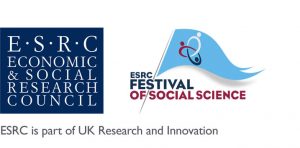 call for event proposals is now open for the Economic and Social Research Council’s Festival of Social Science 2019.
call for event proposals is now open for the Economic and Social Research Council’s Festival of Social Science 2019.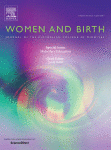
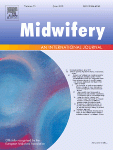

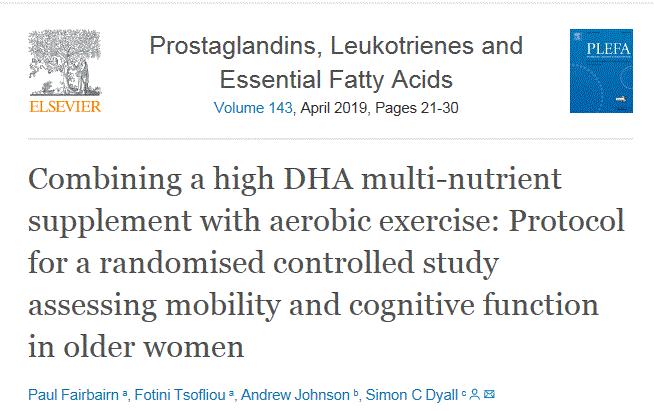

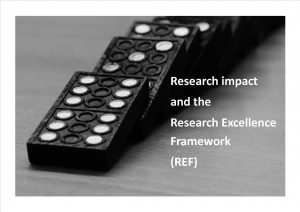
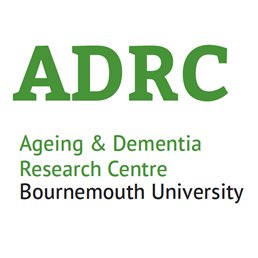
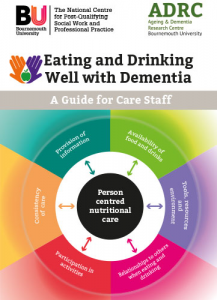
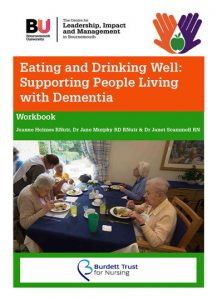
 The 2019 Marie Skłodowska-Curie Actions Individual Fellowships (MSCA IF)
The 2019 Marie Skłodowska-Curie Actions Individual Fellowships (MSCA IF) 











 Expand Your Impact: Collaboration and Networking Workshops for Researchers
Expand Your Impact: Collaboration and Networking Workshops for Researchers Visiting Prof. Sujan Marahatta presenting at BU
Visiting Prof. Sujan Marahatta presenting at BU 3C Event: Research Culture, Community & Can you Guess Who? Thursday 26 March 1-2pm
3C Event: Research Culture, Community & Can you Guess Who? Thursday 26 March 1-2pm UKCGE Recognised Research Supervision Programme: Deadline Approaching
UKCGE Recognised Research Supervision Programme: Deadline Approaching ECR Funding Open Call: Research Culture & Community Grant – Apply now
ECR Funding Open Call: Research Culture & Community Grant – Apply now ECR Funding Open Call: Research Culture & Community Grant – Application Deadline Friday 12 December
ECR Funding Open Call: Research Culture & Community Grant – Application Deadline Friday 12 December MSCA Postdoctoral Fellowships 2025 Call
MSCA Postdoctoral Fellowships 2025 Call ERC Advanced Grant 2025 Webinar
ERC Advanced Grant 2025 Webinar Update on UKRO services
Update on UKRO services European research project exploring use of ‘virtual twins’ to better manage metabolic associated fatty liver disease
European research project exploring use of ‘virtual twins’ to better manage metabolic associated fatty liver disease